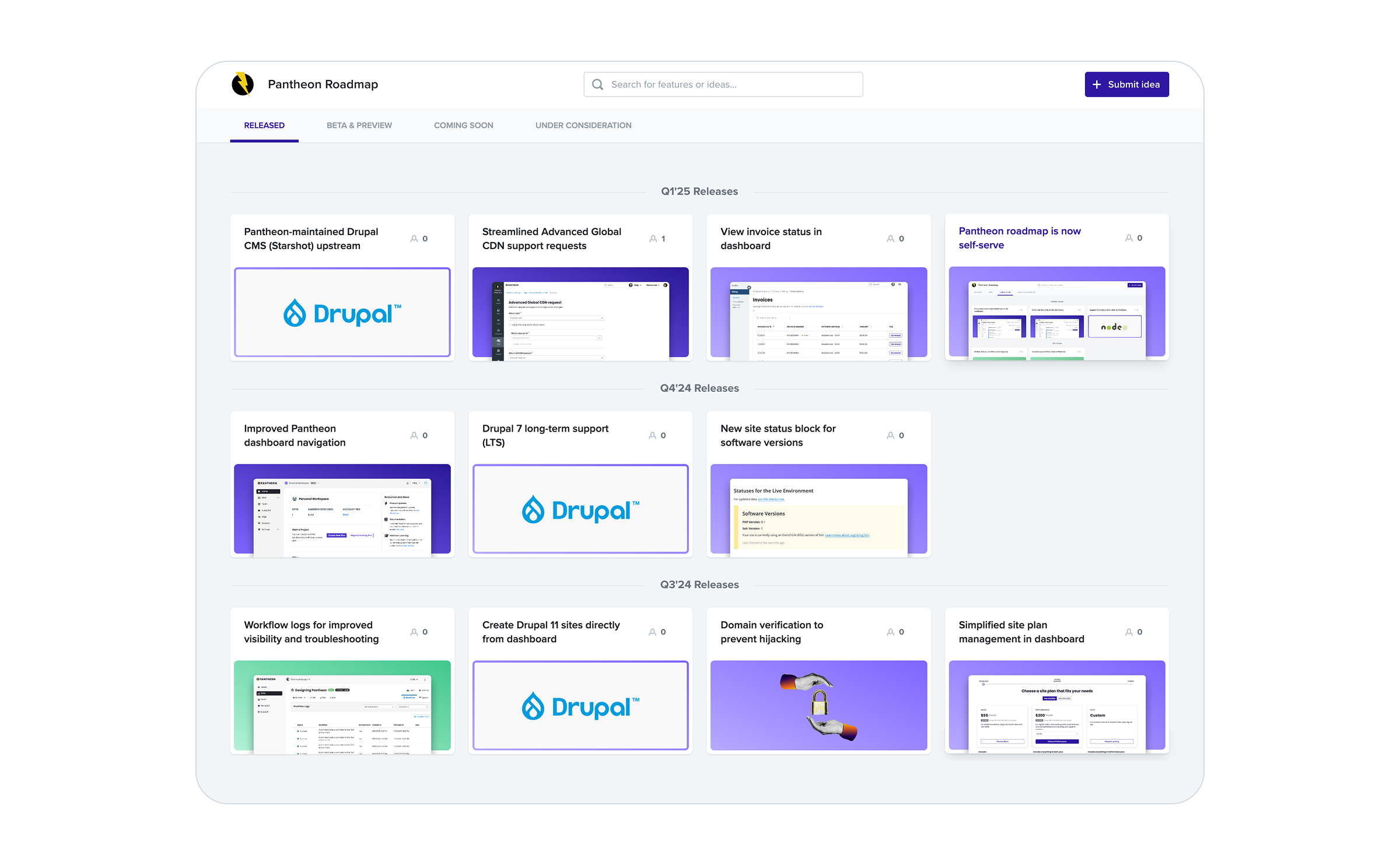DevOps vs WebOps: for Marketers
Image

You’ve likely heard the term DevOps tossed around among engineers—but you’ve probably also heard about Agile, Kanban and any number of other software development techniques. WebOps sounds a lot like DevOps… so what is the difference, and how does it apply to your goals of creating a better website experience for your prospects and customers? We’re here to help clear up any confusion.
What is DevOps?
DevOps refers to bringing together software development and software operations into one team that’s responsible for the whole application lifecycle. In a pre-DevOps world, most software development was done in a “Waterfall” style. This term was used because responsibility for the feature or application in development cascaded from one group to the next, and there was generally very little communication between groups, even during the hand off process.
In a Waterfall style, developers write the code that will become an application, whether it is a feature for an internal application or a customer-facing application like a website. Once the code has been written and tested, they would hand it over to operations engineers. Operations would then be responsible for getting the new feature live, for making sure it was working correctly and for monitoring the application for errors. If there was a problem, operations engineers were the ones getting woken up in the middle of the night.
In an ideal DevOps world, software development is done in a product-oriented team that is responsible for writing the code, conducting all the relevant tests, ensuring all the technical resources are in place, getting the application into production and handling anything that goes wrong. In practice, most companies implement DevOps incompletely or inconsistently across the organization. The goal, however, is always the same: Create better software, faster.
DevOps refers to the way the entire software organization is organized, from a physical rearrangement of space to what kinds of skill sets are expected on a software development team. It’s more an organizational structure than a job description.
What is WebOps?
WebOps, or Website Operations, is related to DevOps, but is both narrower and broader. It is narrower because WebOps teams are focused on just one thing: websites. It’s broader because WebOps brings together a broader range of roles, from web developers, designers, product owners, marketers, content editors, and other marketing stakeholders who collaborate to deliver great customer experiences through the web. DevOps brings together a narrower set of roles across software development and software operations teams that are responsible for a much broader set of software projects from enterprise applications to back-end services.
WebOps is an optimized version of DevOps that includes the entire Web Team.
Why does this matter to me, a marketer?
The level of collaboration needed to create exceptional websites that work from an engineering perspective and meet your goals as a marketer requires a level of understanding between developers and marketers that don’t exist in many organizations. The basis for any working relationship is an ability to understand what the other person is talking about, and being able to express your needs and desires in terms your colleague will understand. With this level of communication established, you can form a WebOps cross-functional team.
When bridging a traditionally siloed org chart, it’s also important to understand how your colleagues work, and have a basic understanding of how their departments are organized and the key trends impacting their work on a daily basis. DevOps transitions within organizations are a big deal; these involve reorganizing departments physically as well as organizationally, and require a fundamental shift in mindset about how software should be developed. When someone in your organization talks about adopting a DevOps approach, it’s important to know what that means.
On a cross-functional WebOps team, you will be able to work closely with engineers to make your customers’ website experience as smooth as possible. Your teammates will be able to tell you how difficult your ideas will be to implement and can offer creative suggestions on how technology can be used to meet your marketing goals.
Pantheon helps WebOps teams create lightning-fast website experiences and get new ideas live on the website faster. Want to see how it works? Sign up for a trial now.


